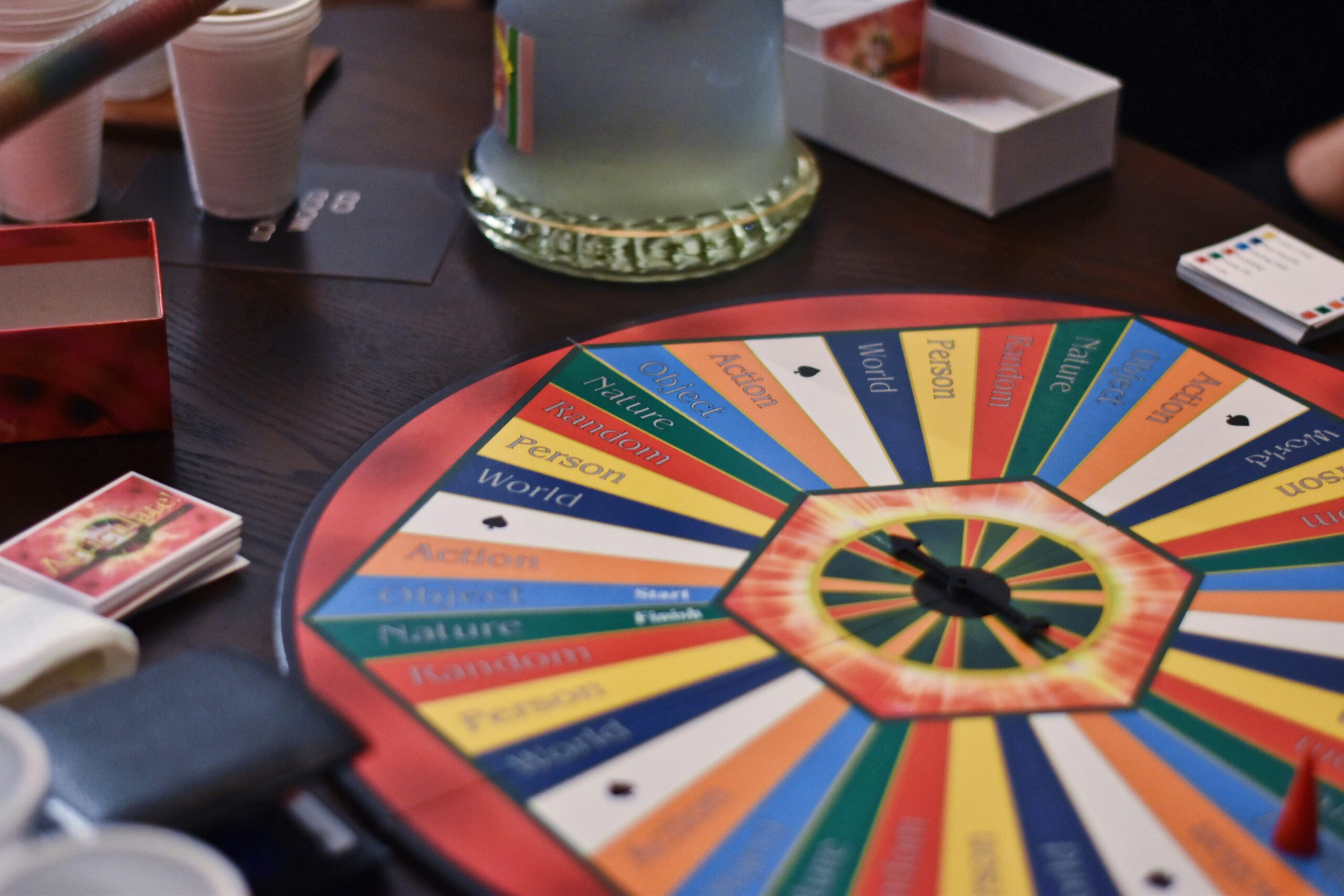

Introduction to the importance of fun and games in our lives
In a world that often prioritizes productivity and seriousness, the simple act of playing can sometimes feel like an afterthought. Yet, play is not just for children—it’s a vital component of our well-being at any age. Whether it’s engaging in sports, enjoying board games with friends, or diving into creative hobbies, fun and games offer countless benefits that improve our lives holistically. So why do we overlook this essential aspect? Let’s explore how incorporating playfulness into our routine can lead to a healthier body, mind, and spirit. It’s time to rediscover the joy of being playful!
Physical Benefits of Playing: Improving Motor Skills and Coordination
Playing is not just child’s play; it brings significant physical benefits for people of all ages. Engaging in games enhances motor skills, which are essential for daily activities and sports.
Activities like throwing a ball or dancing improve hand-eye coordination. These movements require precise timing and control, promoting better agility over time.
Moreover, participants often experience an increase in strength and flexibility. Whether it’s climbing, running, or even simple exercises like jumping rope, the body becomes more resilient through playful exertion.
Team sports foster cooperation while also enhancing overall fitness levels. As players engage with others, they push their limits without even realizing it.
Regular playtime can lead to improved balance as well. This newfound stability helps prevent injuries outside of recreational settings too.
Mental Benefits of Playing: Reducing Stress and Boosting Creativity
Playing isn’t just a source of entertainment; it’s a powerful tool for mental well-being. Engaging in fun activities provides an escape from daily stressors, allowing your mind to unwind and refresh.
When you immerse yourself in play, whether it’s board games or outdoor sports, the brain releases endorphins. These chemicals reduce feelings of anxiety and enhance mood, creating a sense of joy that lingers long after the game is over.
Creativity flourishes during playtime as well. The unstructured nature of games encourages outside-the-box thinking. You’re not confined by rules or expectations; instead, you explore new ideas freely.
This freedom enhances problem-solving skills too. When faced with challenges in gameplay, your mind learns to adapt and innovate on the spot—skills that translate beautifully into real-life situations. Embracing play cultivates both relaxation and imagination within us all.
Emotional Benefits of Playing: Enhancing Happiness and Self-Expression
Playing isn’t just about fun; it’s a powerful tool for emotional well-being. Engaging in games and activities allows individuals to express their feelings freely. Whether through role-playing, sports, or creative arts, play provides an outlet for emotions that might otherwise go unrecognized.
When we immerse ourselves in playful experiences, stress dissipates. Laughter becomes more frequent, fostering connections with others and enhancing overall happiness. These moments of joy create lasting memories that enrich our lives.
Moreover, playing encourages self-discovery. Individuals can explore different facets of their personalities without judgment. This exploration promotes confidence as people learn to embrace their uniqueness while enjoying the process of creation and interaction.
Prioritizing play nurtures a deeper understanding of oneself and cultivates resilience against life’s challenges. The emotional benefits are profound and transformative when play is integrated into daily life.
How to Incorporate More Fun and Games into Your Daily Routine
Finding time for fun and games can be simpler than you think. Start small by setting aside just 10 minutes each day. Whether it’s a quick puzzle, or a round of your favorite mobile game, those few moments can recharge your spirit.
Consider including playful activities in family routines. Turn chores into competitions or create a weekly game night to foster bonding. It transforms mundane tasks into enjoyable experiences.
At work, suggest team-building activities that promote light-heartedness while enhancing camaraderie. A short break with some office games can rejuvenate creativity and focus.
Explore outdoor options too—join local sports clubs or take leisurely walks at the park where spontaneous playfulness often occurs naturally.
Remember, spontaneity is key! Embrace opportunities as they arise; invite friends for impromptu board games or start an ongoing scavenger hunt within your neighborhood. The more you incorporate these moments, the richer your daily life becomes.
Conclusion: The Importance of Prioritizing Play for
Play is not just a pastime; it’s an essential part of our lives. Incorporating fun and games into daily routines can significantly enhance well-being across various dimensions. The physical benefits help maintain agility and coordination, the mental advantages foster creativity and reduce stress, while the emotional impacts promote happiness and self-expression.
As we navigate through busy schedules, it’s easy to overlook the importance of play. Yet prioritizing this aspect can lead to richer experiences both personally and socially. We all have unique ways to enjoy ourselves—whether through sports, board games, arts or social gatherings.
Finding time for fun should be seen as a necessity rather than an indulgence. Embracing play allows us to reconnect with our inner child while nurturing relationships with others. Making room for laughter and joy in everyday life contributes positively towards overall health.
In today’s fast-paced world, where work often takes precedence over leisure, recognizing the value of play is crucial for long-term happiness. By consciously choosing to integrate more enjoyment into our lives, we pave the way for a healthier mind and body.
Let’s prioritize playfulness—it enriches life like nothing else does!
